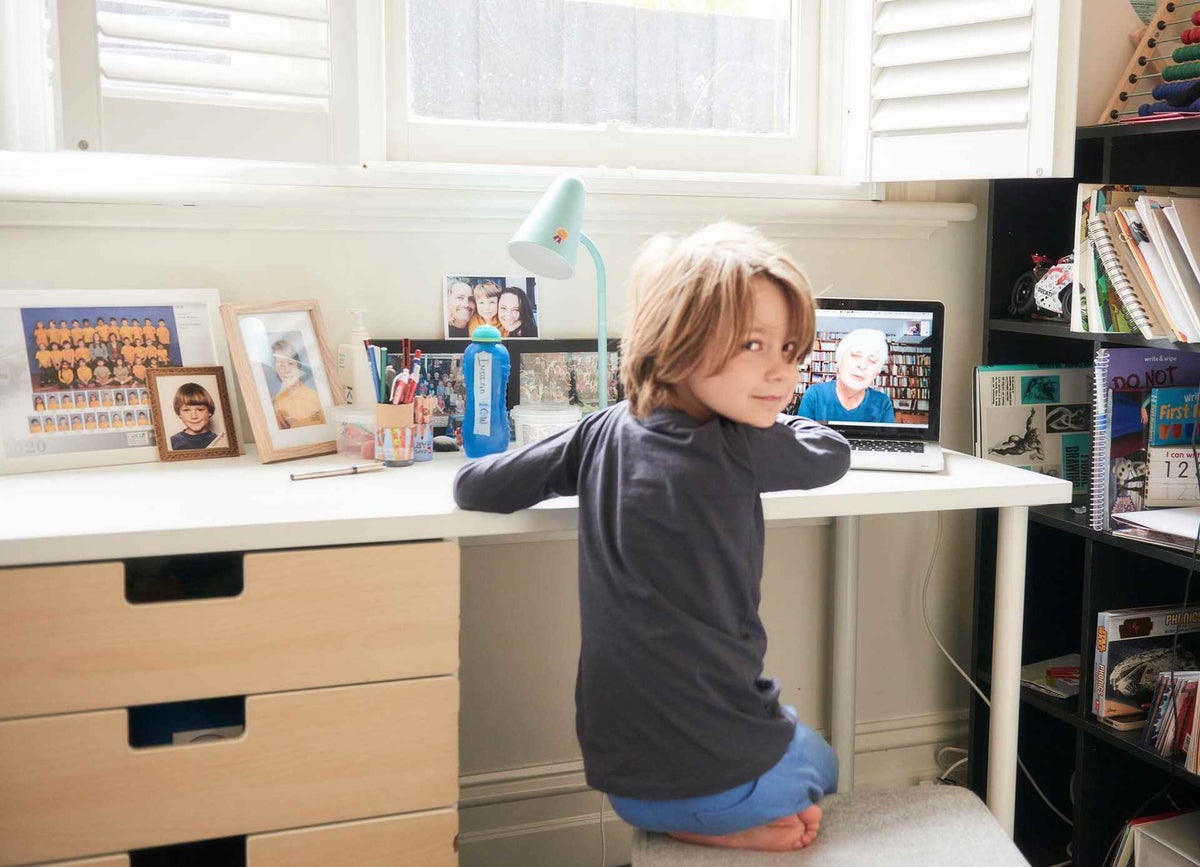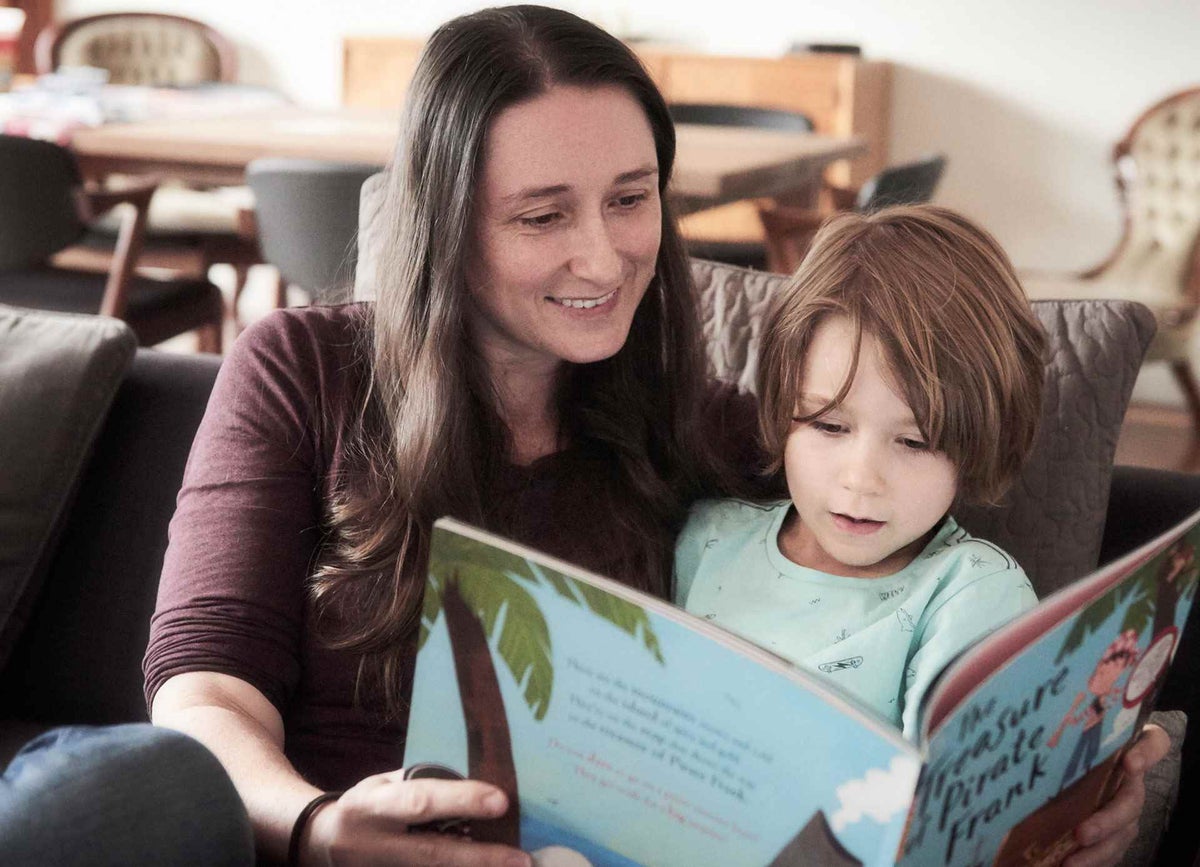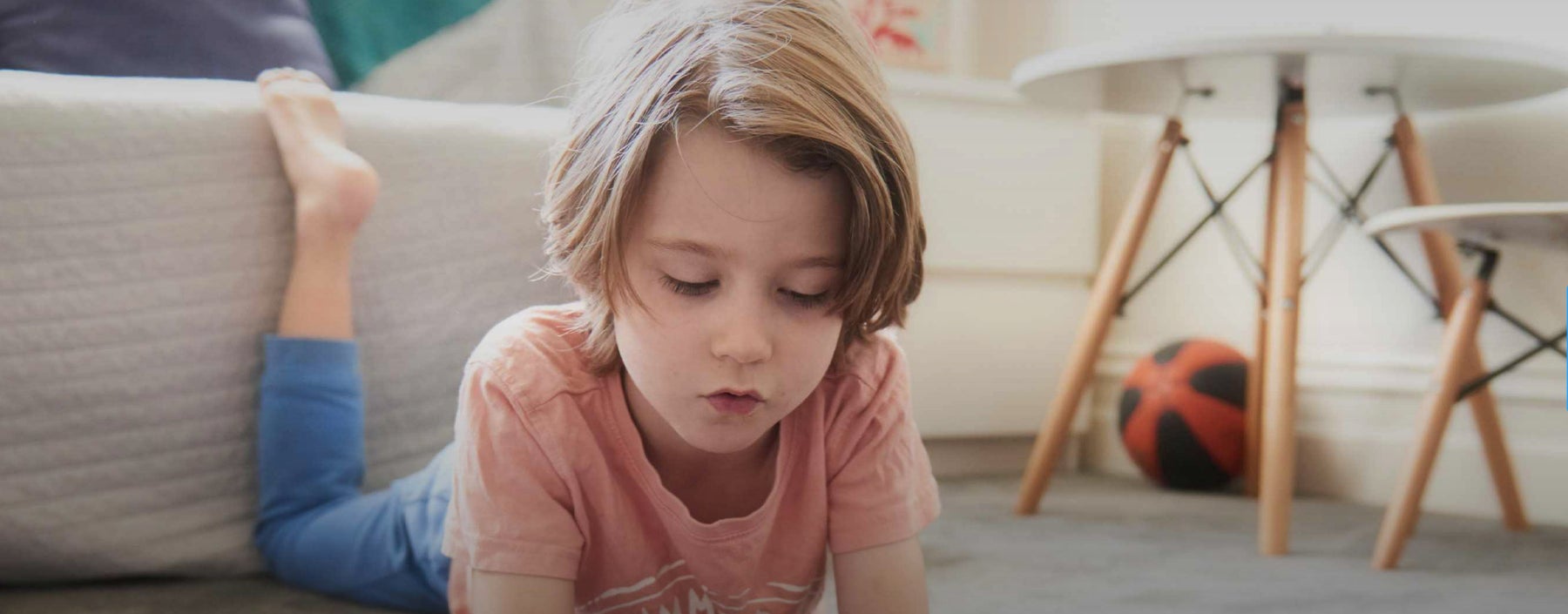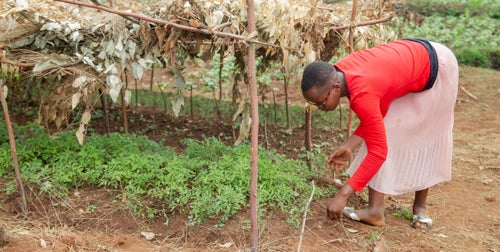Early moments matter in a child’s life, more than many of us realise.
As Australia begins to emerge from the pandemic, many of us are reflecting on life in isolation, the changes we have come to enjoy, and wondering which parts of our new normal will stick as we move to recovery.
Households may not continue their love of baking or jigsaw puzzles with the same fervor, but there have been some incredible interim measures to help families that could form the foundation of a new social infrastructure with enormous benefits for all Australians, especially the most disadvantaged.
Free childcare was one of the single best decisions of the crisis. The Early Childhood Care and Relief package is an extraordinary measure that has relieved the pressure for families both financially and mentally by enabling children to continue their learning and care while parents work from home or look for work.
One of the great benefits has been that it has helped give children access to childcare by removing the barriers that have previously made it very challenging for some families.
This crisis response measure has come with a large price tag and an expiry date, but the value to children and families goes well beyond workforce participation.
Early childhood learning is a vital component in a child’s development and an important support network for family wellbeing. Early childhood centres provide a social safety net of immense importance to families, particularly if they are struggling or where children are at risk.
It prepares children for school, and provides opportunities for socialisation, as well as health screening for nutrition, immunisation, vision, speech and hearing.
Early moments matter in a child’s life, more than many of us realise. The first 1,000 days in a child’s life have a profound effect on their health, development, ability to learn - and even on their lifetime earnings. A 2019 study by the Front Project and PWC calculated participation of children in quality, early learning delivers a return on investment of 2:1 to the economy.
However, in Australia too many children are being left behind

"Early moments matter in a child’s life, more than many of us realise. The first 1,000 days in a child’s life have a profound effect on their health, development, ability to learn - and even on their lifetime earnings."
Just 15 per cent of three-year-olds in Australia attend early learning, compared to an average of 69 per cent in other developed countries. Developmental vulnerabilities including language and cognitive difficulties affect 1 in 5 Australian children starting school, with even more in areas of socio-economic disadvantage.
Aboriginal and Torres Strait Islander children are half as likely to attend preschool as non-Indigenous children and are more than twice as likely to start school with developmental difficulties.
We know if children fall behind in the first five years of life, this ‘lost education’ is incredibly difficult for them to catch up.
Access to early childhood education for families, also provides many benefits for parents, whose wellbeing is critical to the wellbeing of the child.
During times of crisis, childcare provides mental health respite for parents who are under stress, it provides time for parents to seek employment or further training, it provides parenting support and resources, and a network of carers and other parents to lean on.
During times of crisis and beyond, it’s imperative we have structures in place to support our most vulnerable. This must include equal access to quality and affordable early childhood education and care for every child and every family. While this is not likely to be a free system for everyone, we shouldn’t make the mistake of reverting back without realising the opportunity to remove some of the barriers to participation for Australia’s most vulnerable children.
Already, Australia is lagging in early childhood learning, ranked below the OECD average in access, participation, affordability and investment in early childhood education and care. We cannot afford for Australian children’s learning to be further compromised.
A continuation of targeted investment towards vulnerable children in early learning would be money well spent to give all Australian children an equal start. This begins with a continuation of the current free childcare until the end of the Job Keeper period. We must ensure that disadvantaged children and struggling families are not the first to be impacted by a premature withdrawal of Government support.

We already have support mechanisms for children at risk, but the amount of red tape can make it difficult to access. UNICEF Australia strongly recommends simplifying access to the existing support schemes for children most at risk; no-cost early learning for families with a healthcare card; and an increase in the percentage of fees that are subsidised for low income households. We also believe every three and four-year-old should have access to two days of preschool per week.
We have all made great adjustments to our lives during this time and we can make COVID-19 a catalyst for positive change. Our most vulnerable should be the primary beneficiaries of this.
The cost of early childhood learning is a small price to pay for wellbeing of families and the future of our children. Every child deserves a fair chance.
This article originally appeared in The Daily Telegraph.
Related articles
Stay up-to-date on UNICEF's work in Australia and around the world
















